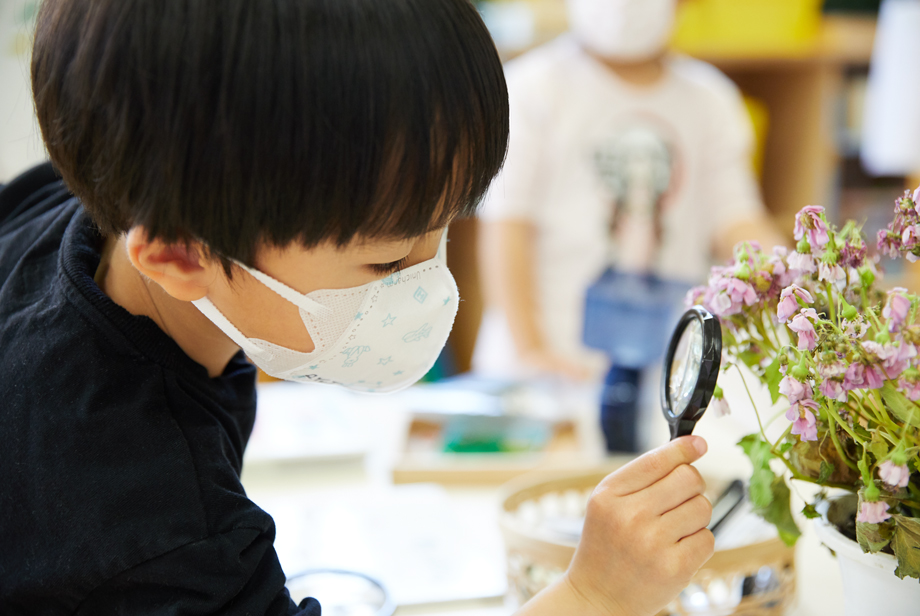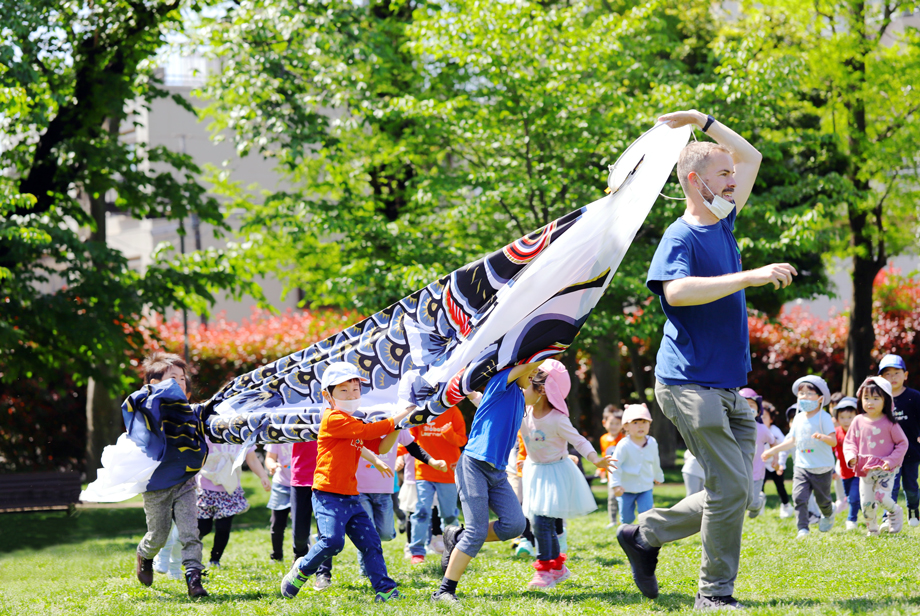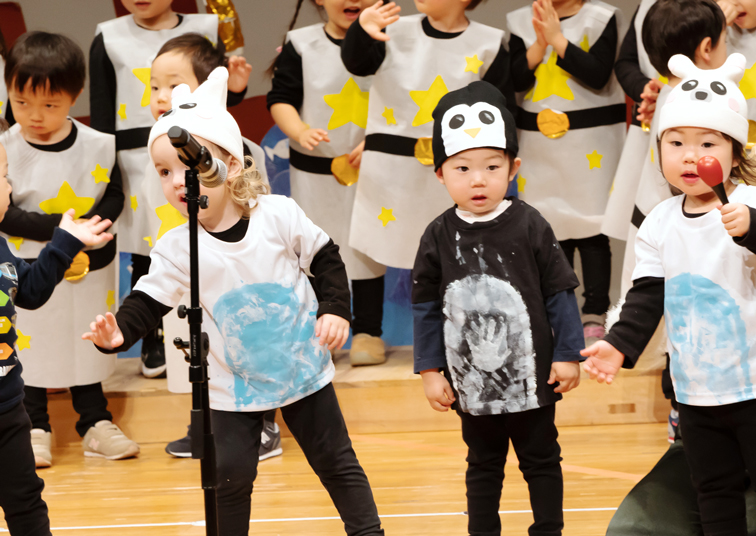Aimed to foster passionate life-long learners,
this approach allows students to gain the sense of accomplishment
through the process of formulating questions,
expanding ideas and sharing them with their peers.
INQUIRY-BASED
APPROACH PRIMARY YEARS PROGRAMME
We encourage our students to think, explore, and discuss. All our campuses have adopted the International Baccalaureate (IB) Primary Years Programme. To cultivate curiosity, creativity, and communication skills rather than to intentionally develop specific skills such as language, numbers, shapes, knowledge, and memory, we provide a learner-centered education in which children formulate their own questions, explore, ask questions, and then use these questions as the basis for in-depth research and understanding.
IB Programme's
Six Transdisciplinary Themes
To cultivate a global perspective and learn from an international point of view, students will not study vertically in each subject area, but will engage in Inquiry-Based Learning based on IB Programme's Six Transdisciplinary Themes. Students will be able to experience the connections and complexities between themselves and the world around them, without being constrained by a predetermined framework.

PYP 6 THEMES
- THEME1
Who we are
- THEME2
Where we are in place and time
- THEME3
How we express ourselves
- THEME4
How the world works
- THEME5
How we organize ourselves
- THEME6
Sharing the planet

Feeling the Power
of Thinking and
the Joy of Learning
From the six themes, teachers choose four themes to explore during the year. We make a more specific learning plan age-appropriately and in a way that is more interesting for the students. We value children’s curiosity such as “Why?”, “How does it work?”, and repeat the cycle of “inquire”, “act”, and “reflect” with their classmates. Through this process, students learn how to think deeply about the subject that interests them, how to communicate their thoughts and feelings effectively, how to solve problems, how to build relationships with each other, and how to cooperate with each other.
Creating All Together
to Stimulate Curiosity
and Challenges
In addition to daily programs, various projects are organized to stimulate curiosity and challenges, such as English plays, music presentations, sports events, and seasonal events. At the big annual Winter Concert, the K5 classes will create and put into shape the performance, script, and dance choreography by themselves. Disagreements and mistakes may happen. However, through these experiences, children learn communication skills, consideration for others, self-reflection, self-control, teamwork, and how to take on leadership roles, all of which are essential for their future. The lessons learned from these experiences will be an asset for a lifetime.




